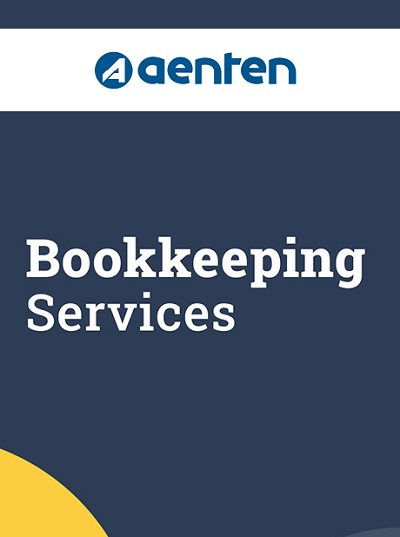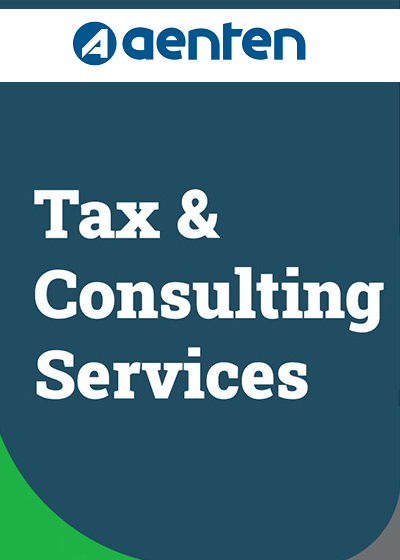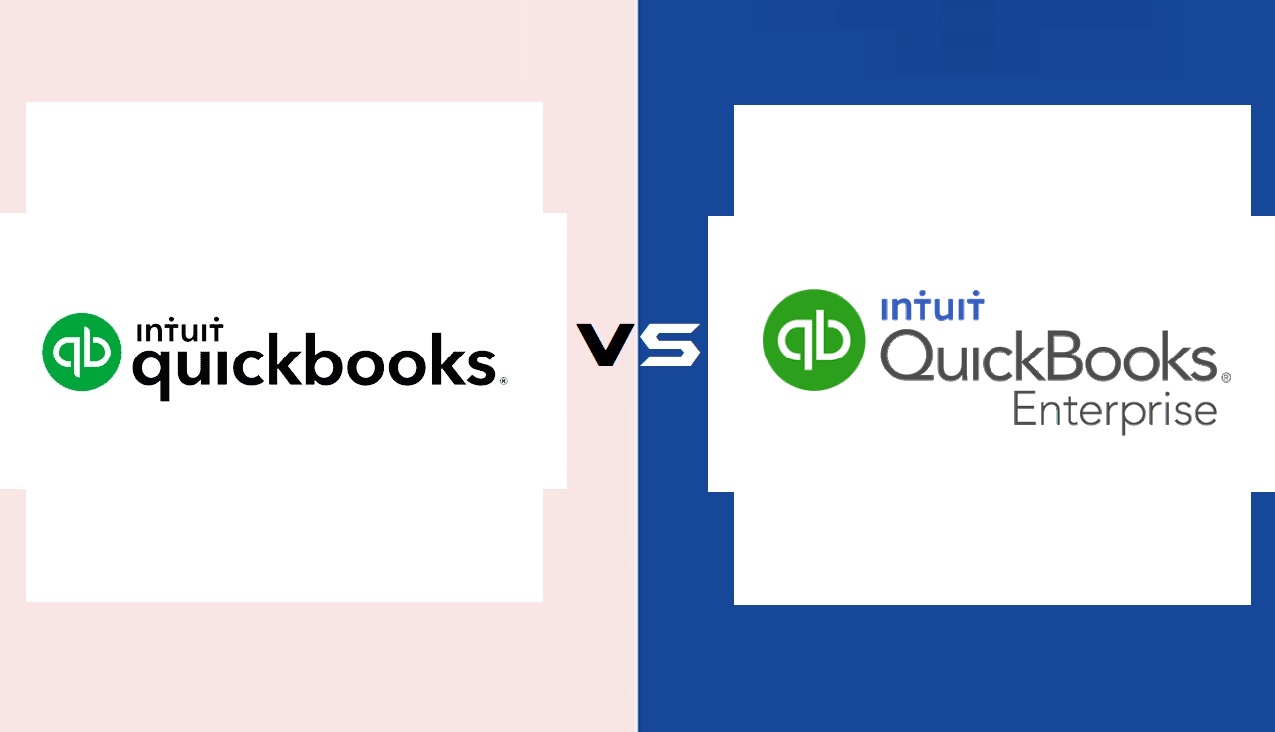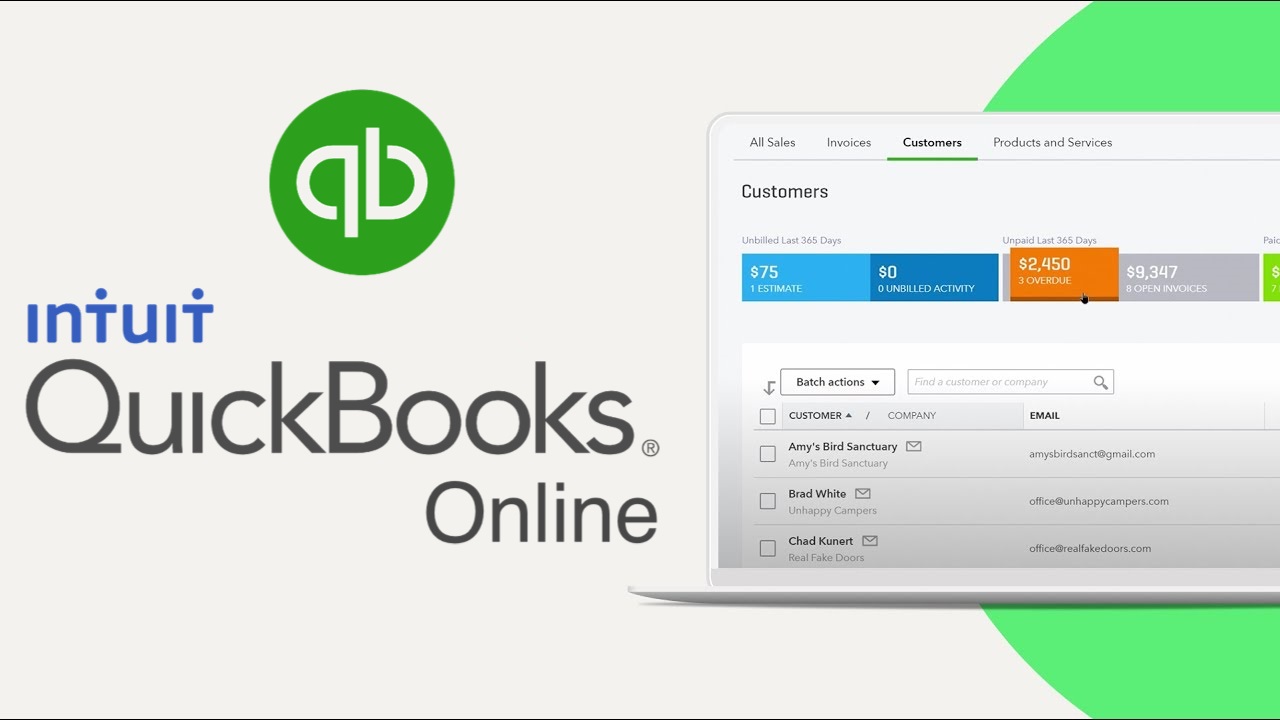As a freelancer, you may have several expenses related to your business that you can deduct from your taxes. Deducting these expenses can significantly reduce your taxable income and help you save money on taxes. In this article, we will discuss 15 ways to deduct business expenses as a freelancer.
01. Home Office Expenses :
If you work from home, you may be eligible to deduct a portion of your home expenses as a home office deduction. You can deduct expenses such as rent, mortgage interest, property taxes, utilities, and maintenance expenses that are related to the area of your home that you use exclusively for your business. To claim this deduction, you must have a dedicated workspace in your home that you use regularly and exclusively for business purposes.
02. Equipment and Supplies :
As a freelancer, you may need to purchase equipment and supplies to run your business. You can deduct the cost of these items as business expenses. This includes items such as computers, printers, software, office furniture, and supplies like paper, ink, and envelopes.
03. Travel Expenses :
If you travel for business purposes, you can deduct your travel expenses as business expenses. This includes expenses such as airfare, hotel accommodations, meals, and transportation expenses. However, you can only deduct expenses that are directly related to your business, and you must be able to provide documentation to support your deduction.
04. Car Expenses :
If you use your car for business purposes, you can deduct your car expenses as business expenses. This includes expenses such as gas, oil changes, repairs, and maintenance. You can calculate your deduction using either the standard mileage rate or the actual expenses method. If you use the standard mileage rate, you will need to keep track of your mileage and multiply it by the current IRS-approved rate. If you use the actual expenses method, you will need to keep track of your actual expenses and calculate your deduction based on the percentage of your car use that is related to your business.
05. Insurance Premiums :
If you have insurance coverage for your business, you can deduct the premiums you pay for that coverage. This includes insurance for liability, property, and health insurance premiums for yourself and your employees.
06. Marketing and Advertising Expenses :
If you incur expenses for marketing and advertising your business, you can deduct those expenses as business expenses. This includes expenses such as website design and maintenance, business cards, flyers, brochures, and online advertising.
07. Professional Fees :
If you pay fees for professional services related to your business, such as legal or accounting fees, you can deduct those expenses as business expenses. You can also deduct fees for professional organizations and subscriptions to professional publications.
08. Education and Training :
If you take courses or attend conferences to improve your skills or knowledge related to your business, you can deduct the cost of those courses or conferences as business expenses. This includes expenses such as tuition, books, and travel expenses.
09. Office Rent :
If you rent office space outside of your home, you can deduct your rent as a business expense. This includes rent for a storefront, office space, or co-working space.
10. Employee Salaries and Benefits :
If you have employees, you can deduct their salaries, wages, and benefits as business expenses. This includes expenses such as health insurance, retirement plans, and payroll taxes.
11. Bank Fees and Interest :
If you have a business bank account, you can deduct any fees you pay for that account as business expenses. You can also deduct the interest you pay on any loans or credit cards that you use for your business.
12. Depreciation :
If you purchase equipment or other assets for your business, you can deduct the cost of those assets over a period of time through depreciation. This allows you to spread out the cost of the asset over several years, rather than deducting the entire cost in one year. The IRS has specific rules for how to calculate depreciation, so it’s important to consult with a tax professional to ensure you’re doing it correctly.
13. Meals and Entertainment :
If you entertain clients or customers as part of your business, you can deduct the cost of those meals and entertainment as business expenses. However, you can only deduct 50% of the cost, and you must be able to provide documentation of the business purpose of the expense.
14. Bad Debts :
If you have outstanding debts from clients who have not paid you, you can deduct those bad debts as business expenses. However, you must be able to show that you have made reasonable efforts to collect the debt, and that the debt is truly uncollectible.
15. Miscellaneous Expenses :
There are many other miscellaneous expenses that you may be able to deduct as business expenses, such as bank charges, postage, and office cleaning services. Be sure to keep track of all of your business expenses throughout the year, and consult with a tax professional to ensure that you are taking advantage of all available deductions.
Also Read : Do You Know What Is a Balance Sheet ?
In conclusion, there are many ways to deduct business expenses as a freelancer. By keeping track of your expenses and consulting with a tax professional, you can maximize your deductions and save money on your taxes. Remember to keep accurate records and documentation of all of your business expenses, as this will make the process of deducting expenses much easier when it comes time to file your taxes.





